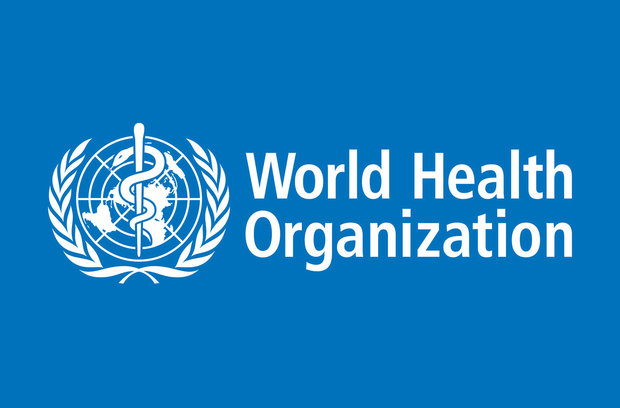If these presumed associations are confirmed, the human and social consequences for the over 30 countries with recently detected Zika outbreaks will be staggering, WHO said.
In this regard, the organization insisted on the control of Aedes aegypti, the principal mosquito vector of Zika virus.
This insect has a great ability to adapt to various environments, including those created by changes in the human lifestyle, WHO added.
Given the seriousness of the spread of dengue in recent years and now the Zika virus, it is vital to develop more control techniques, WHO stated.
In the regard, the WHO Advisory Group has recommended further field trials to evaluate the impact of genetically modified mosquitoes, aim at reducing Aedes aegypti population.
Another technique being developed involves the mass release of male insects that have been sterilized by low doses of radiation. When sterile males mate, the female's eggs are not viable, and the insect population dies out, WHO added.
Brazil, French Polynesia, El Salvador, Venezuela, Colombia and Suriname have reported an increase in the incidence of cases of microcephaly and/or GBS in conjunction with an outbreak of the Zika virus, WHO said.
hr/mlm/ro/rml
PL-50/MNA

























Your Comment